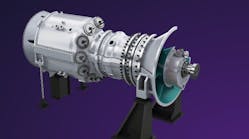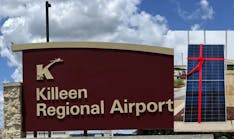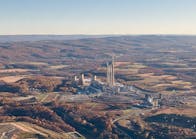Energy Efficiency advocates criticize rejection of $393M plan by New Hampshire Utilities Commission
By Rod Walton, EnergyTech Senior Editor
A New Hampshire state regulatory rejection of proposed energy efficiency funding hikes could imperil those programs which helped customers save on heating and cooling costs, advocates say.
Last week, the New Hampshire Public Utilities Commission denied a request by several statewide utilities to approve nearly $400 million in energy efficiency program funding over a three-year period. The money would have helped utility customer cut back energy costs by upgrading building technologies, lighting and insulation, but ratepayers would have paid for much of it.
“The proposal and settlement agreement propose significantly reducing regular oversight by the commission despite requesting a massive rate increase and significant additional burden to the ratepayers. This proposal is not reasonable,” the New Hampshire PUC decision reads.
The commissioners also said the plan offered by utilities should have been more market-based in its cost recovery mechanisms.
“The proposal and settlement agreement contain only ratepayer-funded programs, despite the clear (state) mandate…to ‘harness the power of competitive markets’ and to remove market barriers.”
The utilities involved in crafting the plan rejected by New Hampshire utility commissioners include Liberty Utilities, Eversource Energy, New Hampshire Electric Cooperative and others. Their proposed energy efficient budgets for both electric and gas services went from $105 million this year to nearly $157 million by 2023, or a total of $393 million over the triennial program.
Those amounts were more than double the cumulative $176 million spent in the previous three-year program, according to PUC’s report.
The American Council for an Energy-Efficient Economy called the cuts “drastic” and warned it could imperil New Hampshire energy consumers and the economy during a cold winter and beyond.
“Today many New Hampshire residents can receive rebates for upgrading to more efficient home heating systems, financing for home weatherization and other incentives,” reads the statement by ACEEE Senior Fellow Martin Kushler. “But those programs will now likely be cut back…
While the energy efficiency program costs were alarming to utility commissioners, the ACEEE statement acknowledged, those savings efforts would more than pay for themselves.
“Testimony in that case indicated that the expanded efficiency programs in that settlement would have created 17,500 job-years and produced $3.5 billion in increased economic output in New Hampshire.
Many energy efficiency advocates call it “the first fuel” and first line of attack in reducing carbon emissions. Utilities can engage in implementing programs which actually reduce their revenues, but historically have gained some of that back through incentives or rate-funded returns.
(Rod Walton, senior editor for EnergyTech, is a 14-year veteran of covering the energy industry both as a newspaper and trade journalist. He can reached at [email protected]).





